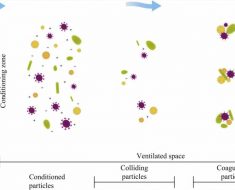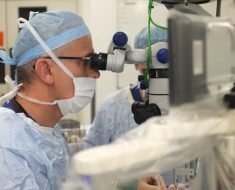NEW YORK (Reuters Health) – Most oral anticancer drugs require prior authorization and this often leads to delays in obtaining the medication, a new study indicates.
“New health policies are needed to minimize barriers for cancer patients, with the goal of reducing time to receipt of oral anticancer drugs,” Dr. Morgan Lichtenstein of Columbia NewYork-Presbyterian, in New York City, said in reporting her research at the American Society of Clinical Oncology (ASCO) Quality Care Symposium.
Oral anticancer drugs provide “critical” treatment for many malignancies but the current process for obtaining these drugs is “complex and multifaceted, which can delay drug receipt,” Dr. Lichtenstein noted in her presentation.
In a cohort of adult cancer patients, the researchers assessed clinical and process-related factors associated with time to receipt for new oral-anticancer-drug prescriptions.
Among 883 patients who received 1,014 prescriptions for oral anticancer drugs, nearly three-quarters (72.3%) required an insurer prior authorization. The median time to receipt of the drug was seven days, although one-quarter of patients waited over two weeks, and 5% waited over 30 days to get their medication, Dr. Lichtenstein reported.
Patients prescribed targeted oral anticancer drugs were three times more likely to have a prior authorization than those prescribed oral chemotherapy. Prescriptions for oral hormone therapy were more than four times more likely to have a prior authorization. Medicaid patients were nearly two times more likely to have a prior authorization compared to Medicare patients.
Commenting on this research in a statement, ASCO Chief Medical Officer and Executive Vice President Dr. Julie R. Gralow, said: “Quality cancer care means getting the right medication to the right patient at the right time. By quantifying treatment delays associated with prior authorization of oral anti-cancer drugs, this study provides necessary information to remove obstacles to patients receiving their treatment as soon as possible.”
The study was funded by the National Institutes of Health. The authors have no relevant disclosures.
SOURCE: https://bit.ly/3i58vZu American Society of Clinical Oncology Quality Care Symposium, September 24, 2021.
Source: Read Full Article





